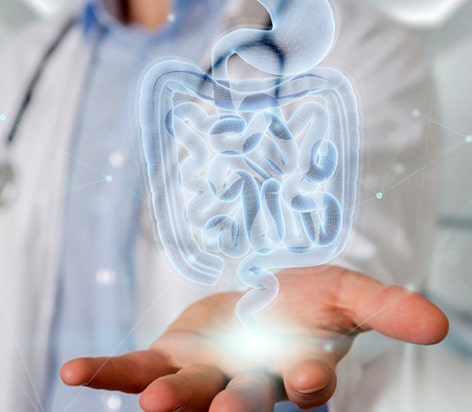
The function of the gastrointestinal system is digestion and absorption of food, and it also provides energy to the body to perform routine activities. Disease in any organ of the digestive system results in digestive and absorptive dysfunction, leading to several symptoms. Sometimes, the condition is acute and serious, such as acute liver failure or acute pancreatitis, and requires immediate medical intervention.